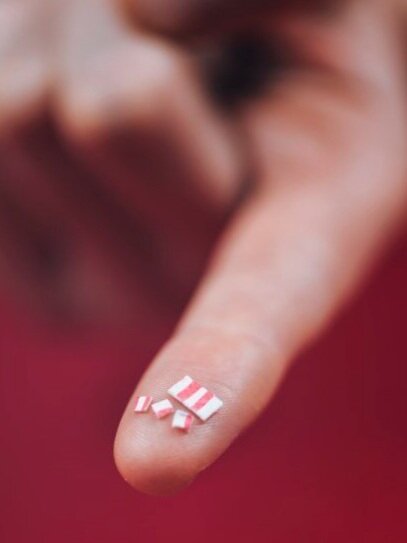
“Fear, a prolonged sense of dread, or full panic”
Research on psychedelic use in the 1960s did find some adverse mental health effects. Researchers found that 0.4 - 1.2 per 1000 research participants showed psychotic reactions lasting more than 48 hours. They described “Fear, a prolonged sense of dread, or full panic.” But, these researchers found no evidence that psychedelics cause long-term negative effects to mental health.
Psychotic disorders and mental health
Modern studies have more stringent policies when it comes to participation selection in psychedelic trials. Clinical studies screen-out anyone at risk of bipolar, schizophrenia, and other psychotic disorders. Therefore, there are far fewer cases of negative mental health effects. But it is difficult to scientifically prove how the substances affect people with bipolar, schizophrenia, or other psychotic disorders.
Using 2001–2004 data drawn from the National Survey on Drug Use and Health (NSDUH), Krebs and Johansen (2013) recently evaluated possible associations between lifetime use of psychedelics and current mental health in the U.S. adult population. In a large sample of respondents, 13.4% reported lifetime psychedelic use. No significant associations were found between lifetime use of any psychedelic or past-year use of LSD and increased rate of any mental health outcome. Surprisingly, in several cases, the use of psychedelics was associated with a lower rate of mental health disorders.
SSSD
Many psychonauts stress the importance of set and setting. Others have been expanding this to SSSD:
Set-up
Setting
Safety
Dosage
If these conditions are suboptimal, it has been reported that there will be a higher likelihood of unwanted, perhaps traumatic, psychedelic effects.
Bad Trips
A study at Johns Hopkins in 1993 collated the experiences of people who reportedly had ‘bad trips with psilocybin’. Only 2.1% of the participants used psychedelics in a setting that resembled a controlled clinical environment. And of these people who reportedly had ‘bad trips with psilocybin’.
39% of participants reported the bad trip as in their top 5 most challenging experiences of their lifetime.
11% reported putting themselves at risk of physical harm
7.6% had sought treatment for one or more psychological symptoms which they attributed to the challenging psilocybin experience.
2.6% reported behaving in an aggressive manner,
2.7% got medical help
Very interestingly though,
84% said they had benefited from the challenging parts
46% said they would repeat the experience
34% of participants still ranked their bad trips as in their top 5 meaningful life events
In the last decade, researchers have also found some very exciting therapeutic uses for psychedelics.
Treating nicotine addiction
First, psilocybin has been incredibly effective at treating nicotine addiction. In a 2014 study combining cognitive behavioral therapy (CBT) with psilocybin, Roland Griffiths and his team found that 80% of patients still abstained from cigarettes after 6 months. This is compared to less than 35% after 6 months using CBT alone, without psilocybin.
Treating Alcoholism
We’ve also found psychedelics to be effective at treating alcoholism. In fact, Bill Wilson, the founder of Alcoholics Anonymous, advocated for LSD therapy before it became illegal. In 2019, researchers collated the experiences of 343 online participants who suffered from Alcohol Use Disorder (i.e. alcoholism). After one year, 83% no longer met the criteria for Alcohol Use Disorder. In addition to getting people off alcohol, subjects also report that the symptoms of alcohol withdrawal were much less severe than the times the participants tried to quit without the aid of psychedelics.
One participant wrote, “It allowed me to feel whole again and forced me to reconnect with emotional trauma. It gave me insight into the nature of addiction and how it enslaves us — physically, mentally, and spiritually. Addiction numbs us to any kind of growth as a human being.”
Can psychedelics treat depression?

The Effects of psilocybin
Researchers have found that Psychedelics can be extremely helpful in fighting depression. Carhart-Harris found that after a high-dose single sitting treatment with Psilocybin, patients with moderate to severe depression found a marked reduction in depressive symptoms after 1 week and 3 months following treatment. She found that psilocybin is much faster acting than traditional depression medications. Because of this fast-acting quality, psilocybin may be used to offer swifter support for suicidal thoughts and self-harming behavior. After psilocybin treatment, 100% of patients with treatment-resistant depression showed a decrease in depressive symptoms 1-week post-treatment. And nearly half maintained this positive mood in a follow-up study 5 weeks after treatment.
Researchers have found significant increases in positive attitudes, mood, and social effects following psilocybin sessions in healthy patients. In one study, these effects continued in a 14 month follow up and the participants rated their experience as one of the most meaningful experiences of their lives.
Possible explanations
One possible explanation for the anti-depressant application of psychedelics is that psychedelics decrease activity in the Default Mode Network, and Default Mode Network overuse has been linked to unhappiness.
Another possible explanation is that the egolessness one experiences while on psychedelics decreases the sense of self, and a strong sense of self implies a strong sense of separation from others, causing feelings of loneliness.








